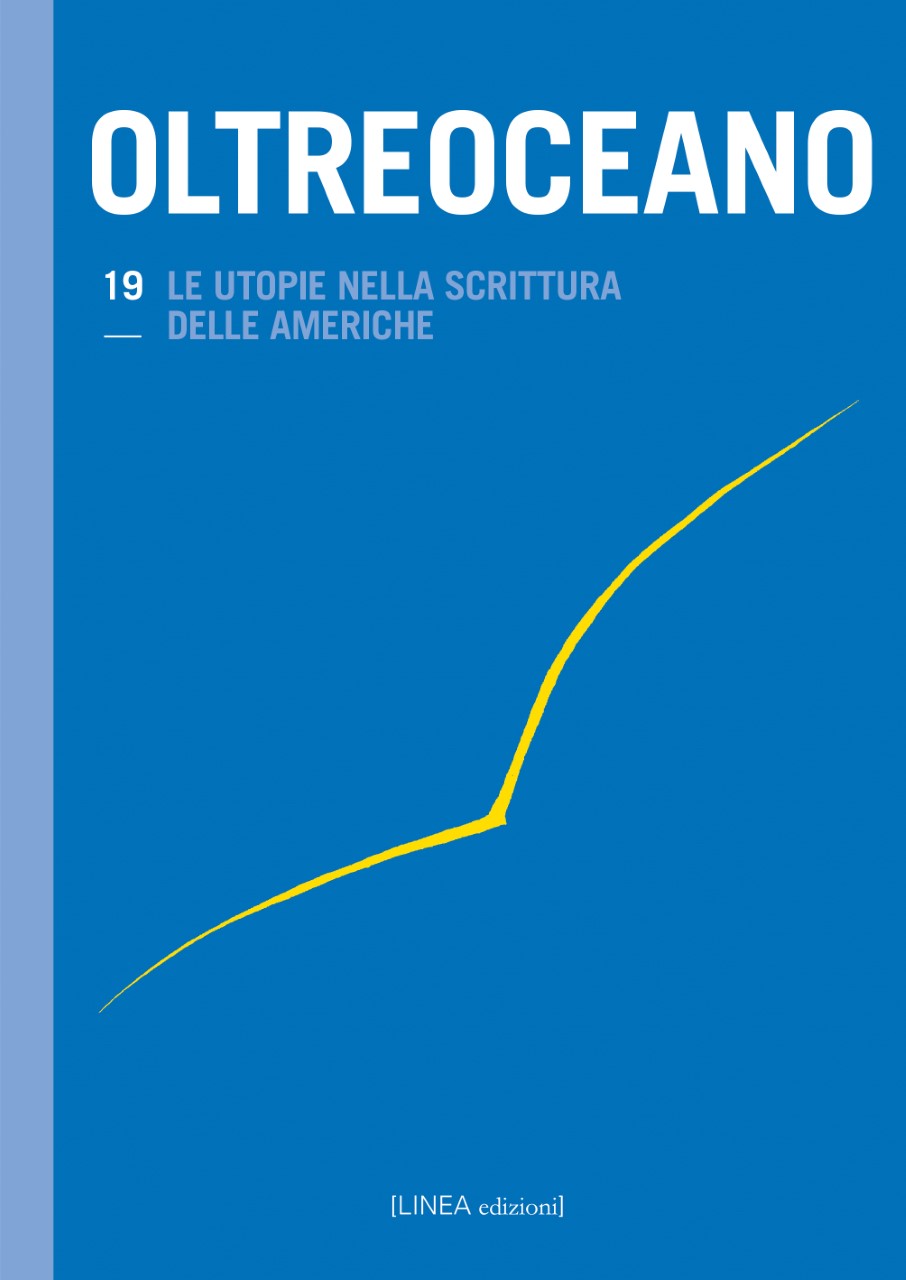La formación morfológica y léxico-semántica como integración del español de Honduras en el diccionario académico: ¿realidad o utopía?
DOI:
https://doi.org/10.53154/Oltreoceano40Keywords:
hondureñismos, diccionario académico, morfología, léxico, semánticaAbstract
Este artículo tiene como propósito ampliar el análisis de los hondureñismos que han sido incluidos en el Diccionario de la Lengua Española de la RAE para proporcionar una lectura del patrimonio lexicográfico de Honduras y observar los mecanismos de creación léxica de estos términos.
Morphological and lexical-semantic formation as integration of Honduran Spanish in the academic dictionary: reality or utopia?
The purpose of this article is to broaden the analysis of the hondureñismos that have been included in the Diccionario de la Lengua Española of the RAE to provide a reading of the lexicographic heritage of Honduras and to observe the mechanisms of lexical creation of these terms.
La formazione morfologica e lessico-semantica come integrazione dello spagnolo dell’Honduras nel dizionario accademico: realtà o utopia?
Il presente articolo ha come obiettivo quello di ampliare l’analisi degli hondureñismos inclusi nel Diccionario de la Lengua Española della RAE per fornire una lettura del patrimonio lessicografico dell’Honduras e osservare i meccanismi di creazione lessicale di questi termini.
Downloads
References
Barrios, M. (1991): Repertorio de modismos andaluces. Cádiz: Universidad de Cádiz.
Cela, C. J. (1979): Diccionario secreto, 2, primera parte. Madrid: Alianza / Alfaguara.
Chávez García, Á. (2017): Una mirada al paisaje del español en Honduras. Oltreoceano, 13, pp. 125-136.
Herranz, A. (1990): El español de Honduras a través de su bibliografía. Nueva Revista de Filología Hispánica, XXXVIII, 1, pp. 15-61.
López, Ó. (2018): Nuevas palabras hondureñas enriquecen la lengua española. La Prensa. Recuperado de https://www.laprensa.hn/honduras/1171587-410/hondure%C3%B1ismos_palabras-honduras-lengua_espa%C3%B1ola-rae-encachimbado-enculado
Lipski, J. M. (1994): El español de América. Madrid: Cátedra.
Luque, R. (2021): El diccionario académico como referencia para un estudio morfológico y léxico-semántico del español de Honduras. Oltreoceano, 18, pp. 95-104.
Ramos, V. M. (Coord.), (2013): Diccionario de las Lenguas de Honduras. Tegucigalpa: Academia Hondureña de la Lengua/ CCET.
Real Academia Española (201423): Diccionario de la Lengua Española. Recuperado de https://dle.rae.es/
Saralegui, C. (2004): El español americano. Teoría y textos. Navarra: EUNSA.
Torres, S. (2014): Honduras crea palabras para Hispanoamérica. El Heraldo. Recuperado de: https://www.elheraldo.hn/vida/597353-220/honduras-crea-palabras-para-hispanoam%C3%A9rica
Torres Torres, A. (2004): Procesos de americanización del léxico hispánico. Valencia: Universitat de Valencia.
Zimmermann, K. (1996): Lenguaje juvenil, comunicación entre jóvenes y oralidad. En T. Kotschi & all (Eds.), El español hablado y la cultura oral en España e Hispanoamérica (pp. 475-514). Madrid/Frankfurt: Iberoamericana/Vervuert.
Downloads
Published
How to Cite
Issue
Section
License

This work is licensed under a Creative Commons Attribution-NonCommercial-ShareAlike 4.0 International License.
The authors undertake to comply with the following conditions, which are considered accepted at the time of submission of their contributions.
The sending of a text implies that it is unpublished and not submitted to be published elsewhere.
1. If accepted, the author shall confer on the publisher the right to publish and distribute it both in paper form and in the online electronic edition. The published articles will be downloadable and made available in open access.
2. Provided that it correctly indicates that the first publication took place in the journal Oltreoceano. Rivista sulle migrazioni the author has the right to: a) reproduce the article in separate extracts or collected in a volume; b) publish the article on their personal website or teaching site provided that these sites are of a non-commercial nature; c) deposit the article in online archives of a non-commercial nature, linked to the institution they belong to or as part of projects for the non-commercial dissemination and open access of scientific works.
The use of contributions by third parties, for commercial or otherwise unauthorized purposes, is not allowed. The publisher declines all responsibility for the unauthorized use of the material published in the journal.












